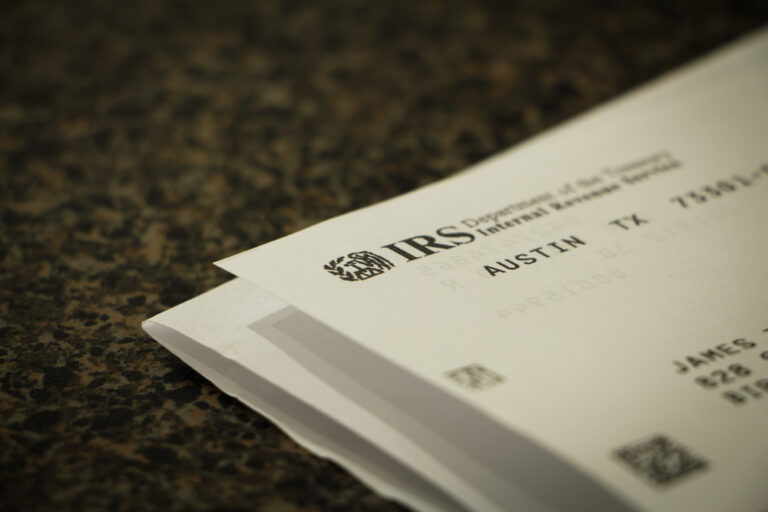
Did You Receive One of 20,000 Disallowance Letters from the IRS?
In a recent blog post, I informed business owners that the IRS announced how businesses can withdraw their Employee Retention Credit (ERC) claims. The ERC has been at the center of growing concerns about aggressive marketing tactics and potential scams surrounding the ERC claims. The IRS has taken that a step further by mailing more than 20,000 letters to San Francisco taxpayers notifying them of disallowed ERC claims. These are directed toward businesses that either did not exist or did not have paid employees during the period of eligibility in order to prevent improper ERC payments from being made to ineligible entities.
The letters are being sent as the IRS continues increased scrutiny of ERC claims in response to misleading marketing campaigns that have targeted small businesses and other organizations. The IRS mailing is the latest in an expanded compliance effort that includes a special withdrawal program for those with pending claims who realize they may have filed an inaccurate tax return. Later this month, a separate voluntary disclosure program will be unveiled allowing those who received questionable payments to come in and avoid future IRS action.
Since the start of the COVID-19 pandemic, the IRS has been providing various tax credits and incentives to help struggling businesses and individuals; one of which was the ERC tax credit. However, following concerns about aggressive marketing tactics and potential scams surrounding the ERC claims, the IRS announced how ineligible businesses can withdraw their ERC claims. It also stopped processing new ERC claims through the end of 2023. Additionally, the IRS has hundreds of criminal cases being worked on, and thousands of ERC claims have been referred for audit.
After an initial review this fall, the IRS determined that a large block of taxpayers did not meet basic criteria for the credit. Starting in December, taxpayers who are ineligible for the credit started receiving copies of Letter 105 C, Claim Disallowed. The taxpayers that get this letter are those ineligible for the ERC for the following reasons:
- The business entity was not in existence during the period of eligibility. The ERC applies to qualified wages for periods between March 13, 2020 and December 31, 2021. Entities established after that are not entitled to the ERC under the law passed by Congress.
- There were no paid employees during the period of eligibility. The ERC is intended as a credit against qualified wages paid. Entities that did not pay any wages are not eligible for ERC.
If you are among the 20,000 taxpayers that received the letter — and you disagree with the disallowance — you have the right to respond with documentation that supports your eligibility or claim amount or file an administrative appeal.
I highly recommend working with an experienced tax attorney to help you file your appeal and respond to the IRS. The ERC are tricky waters to navigate. If you are a San Francisco business owner that filed a claim, or received the letter, let an experienced tax professional give you advice and help you through the ERC process.
Allison Soares is a partner and tax attorney at Vanst Law. It doesn’t matter the issue: audits, collections, appeals, international disclosures, grumpy people— Allison enjoys fixing problems. In addition to her legal work, she has worked in accounting and utilizes that knowledge to her advantage while handling cases involving EDD audits.

